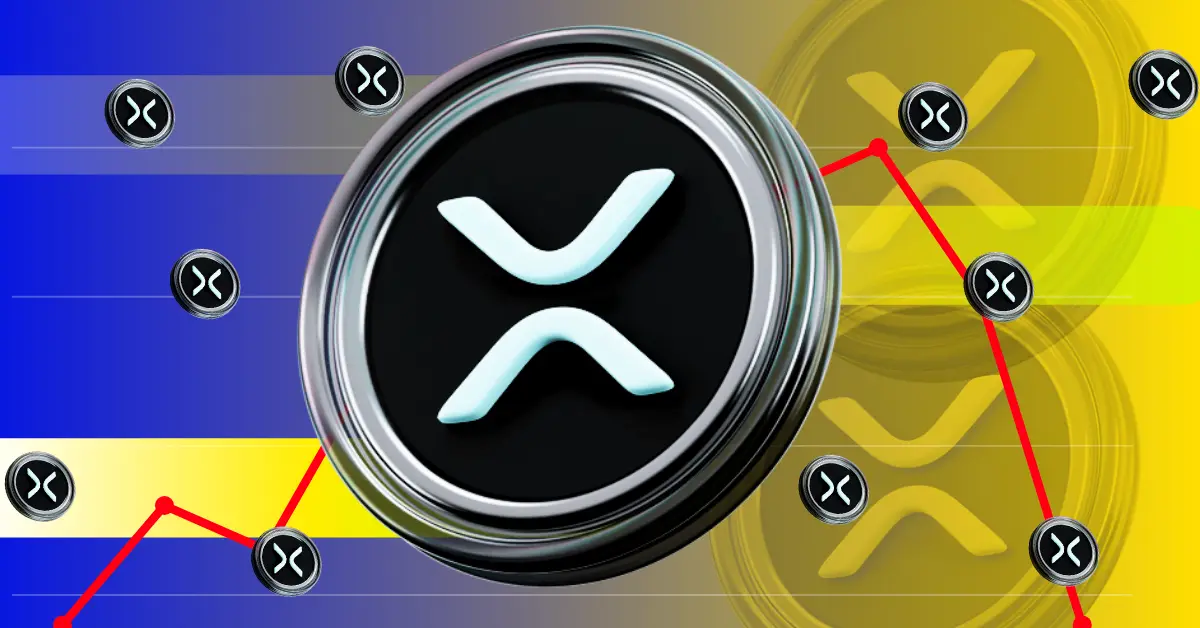
Fresh speculation about the U.S. government’s interest in Ripple’s XRP escrow is stirring debate across the crypto space, but Ripple-affiliated lawyer Bill Morgan has stepped in to squash the noise over Ripple’s XRP escrow for the national reserve. As rumors spread about the possible use of XRP in America’s national financial reserve, Morgan calls the idea unfounded and unlikely.
Rumors started circulating after online influencers suggested that the U.S. could tap into Ripple’s XRP escrow as part of a broader crypto reserve strategy. Some went as far as claiming this would support the country’s financial system in the digital age. Bill Morgan, however, made it clear—“No, it won’t.” He dismissed the speculation outright, denying any government plan to take control of the XRP escrow held by Ripple.
His comment comes amid growing buzz on X, where crypto analysts like John Squire and Pumpius have floated the theory that the U.S. might explore XRP’s utility for reserve backing. While some compare the possibility to the once-unlikely approval of Bitcoin ETFs, Morgan isn’t buying it.
At the same time, new posts have emerged claiming that the U.S. Federal Reserve is already using XRP via its FedNow payment system. One viral post insisted that XRP use is “100% confirmed.” But this appears to stretch the facts. Volante Technologies, a partner in the FedNow pilot, has integrated Ripple tech for cross-border payments. Still, there’s no verified indication that XRP itself is being used by the Fed for transactions.
These rumors gained more attention following Ripple’s release of 1 billion XRP from escrow in early June. Split across three large transactions, the tokens were valued at over $2.2 billion. Combined with recent discussions around a potential U.S. strategic crypto reserve, including altcoins like XRP and SOL, the speculation has only intensified.
Despite XRP’s growing presence in global payments infrastructure, there’s no concrete evidence to support claims of its seizure or inclusion in the U.S. reserve. For now, they remain speculative at best.
Ripple’s XRP escrow is a mechanism designed to manage the circulating supply of XRP. Ripple locked up 55 billion XRP in 2017, releasing 1 billion monthly, with most being re-locked to prevent market shocks and ensure stability.
The XRP Ledger’s built-in protocol governs the time-locked escrow, making it technically difficult for direct external seizure. Legally, any government intervention would face significant challenges given the decentralized nature of crypto and potential property rights issues.
The Ripple-SEC case, which largely determined XRP is not a security for programmatic sales, has brought some regulatory clarity. Its resolution could set precedents for how other digital assets are classified and regulated in the U.S., influencing future enforcement and legislation.
CoinPedia has been delivering accurate and timely cryptocurrency and blockchain updates since 2017. All content is created by our expert panel of analysts and journalists, following strict Editorial Guidelines based on E-E-A-T (Experience, Expertise, Authoritativeness, Trustworthiness). Every article is fact-checked against reputable sources to ensure accuracy, transparency, and reliability. Our review policy guarantees unbiased evaluations when recommending exchanges, platforms, or tools. We strive to provide timely updates about everything crypto & blockchain, right from startups to industry majors.
All opinions and insights shared represent the author's own views on current market conditions. Please do your own research before making investment decisions. Neither the writer nor the publication assumes responsibility for your financial choices.
Sponsored content and affiliate links may appear on our site. Advertisements are marked clearly, and our editorial content remains entirely independent from our ad partners.
XRP price has signaled midterm strength as Bitcoin (BTC) rebounded above $110k on Monday. The…
Evernorth Holdings Inc., a new XRP-focused financial firm, has announced plans to go public through…
The XRP community is abuzz after Ripple strategist Max Avery reaffirmed that the XRP Ledger…
Big investors who sold Cardano (ADA) before its 70% plunge from all-time highs have turned…
Pepe and Dogecoin are two of the most iconic names in the meme coin world.…
Global cryptocurrency exchange platform Zoomex today announced that Argentine football star Emiliano Martínez has officially…